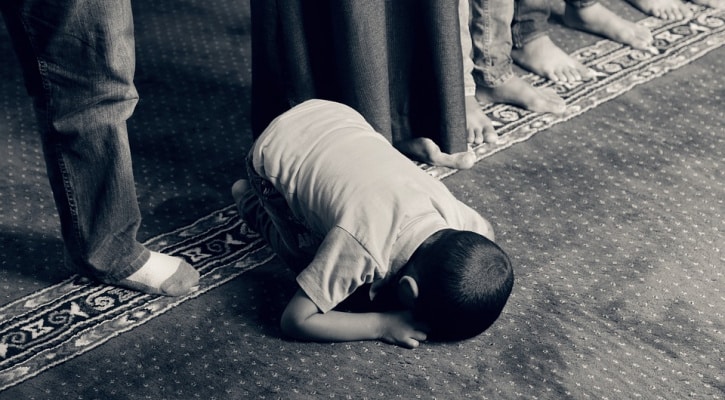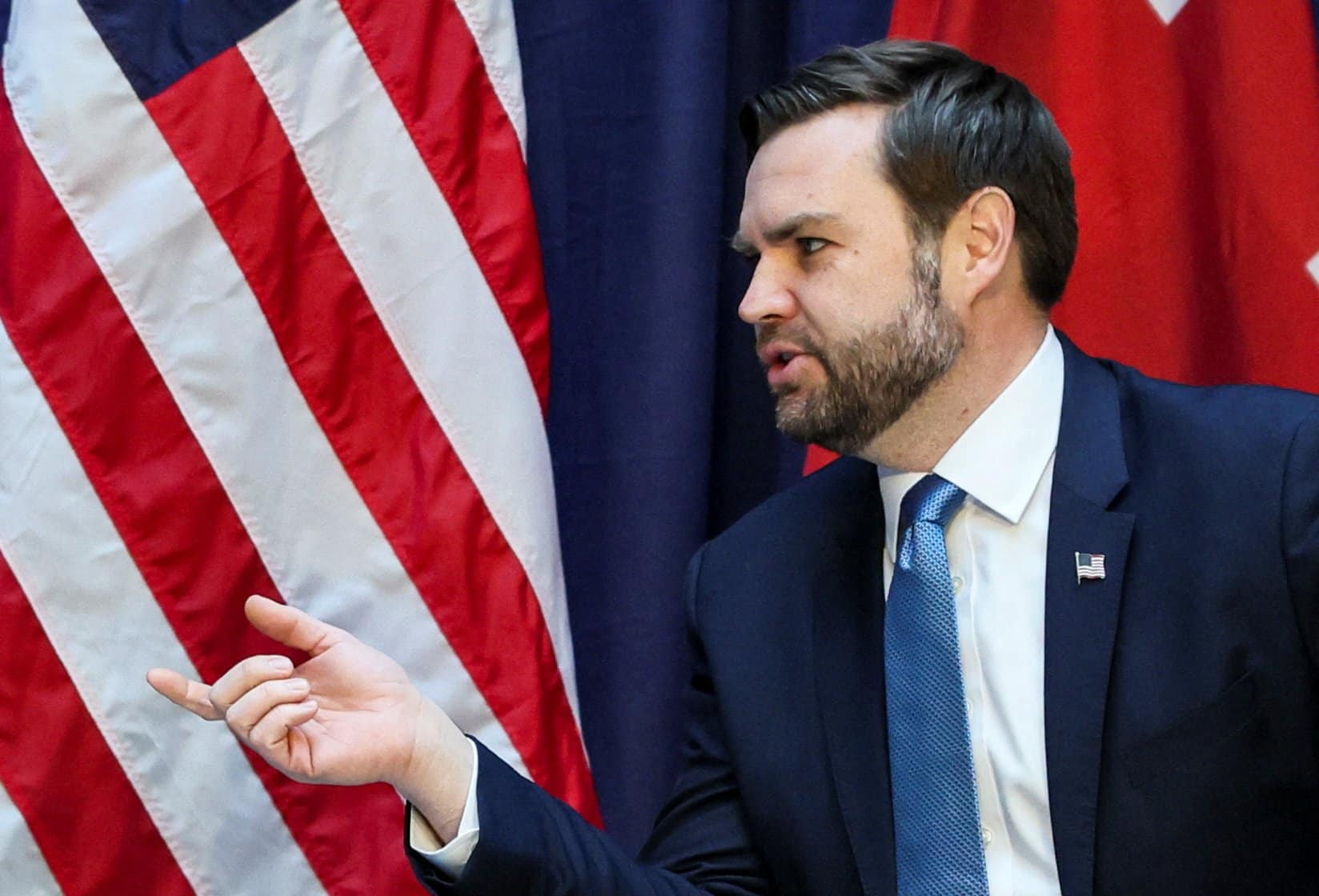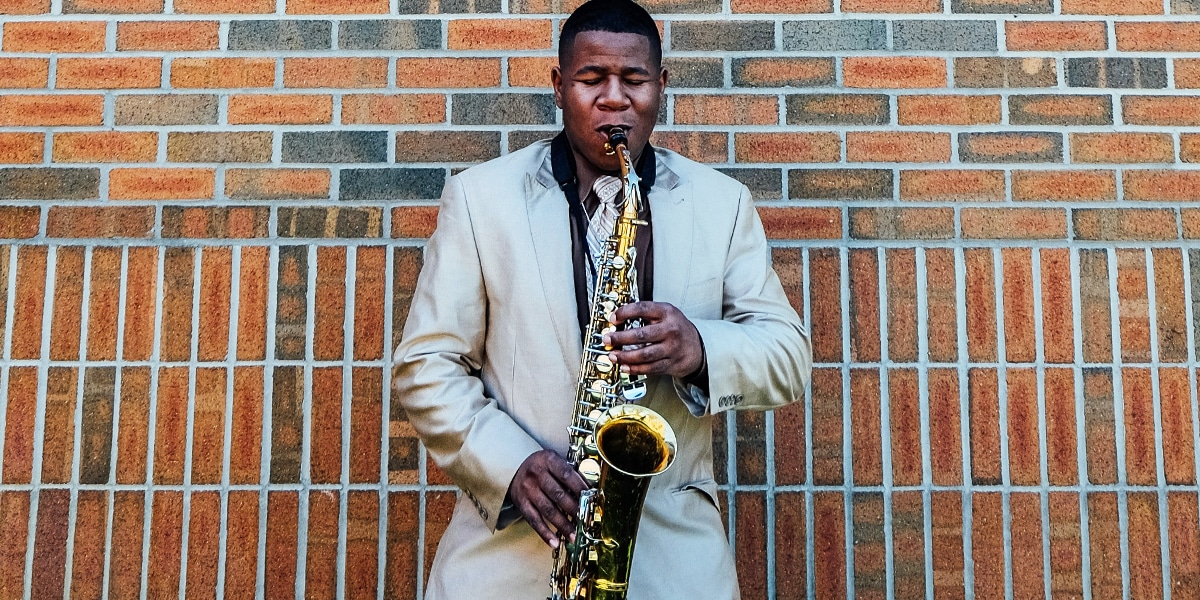The Muslim religion is mistrusted by some and misunderstood by many. Here are 10 of Islam’s most fundamental beliefs.
There is a line in the holy Quran that edifies just as it disarms us: “O people of the Book! Come to common terms as between us and you.” That verse speaks of what is lacking between Muslims and Christians: peaceful convergence and dialogue. It’s as though God, the first champion of interreligious dialogue, is inspiring us to shelve our differences and speak with civil tongues.
But far too often we have chosen not to listen. It’s fair to say that most Catholics, prior to 9/11, lacked awareness of Islam—shocking given the number of Muslims around the world. According to the Pew Forum on Religion and Public Life, the world’s Muslim population is expected to increase by about 35 percent in the next 20 years, rising from 1.6 billion in 2010 to 2.2 billion by 2030. The events of 9/11 changed everything. After that day, our dearth of information merged with something far more sinister: suspicion. But before a better relationship between Muslims and Christians can begin, understanding and education are fundamental. Here are 10 things we all should know about Islam.
1) Allah.
Although, in Islamic traditions, there are 99 names attributed to him, Allah is the proper, all-comprehensive name. Muslims believe that Allah is shapeless and does not resemble his creations. “Nothing is like him in any way,” the Quran states. Allah does not exist in one single place and is dimensionless, omnipotent, and omnipresent.
2) The Quran.
The Quran is the religious text of Islam. Muslims believe the text was verbally conveyed by God to the Prophet Mohammed through the Angel Jibrï -l (Gabriel) over the course of 23 years. The prophet dictated the text to his companions after each revelation. The Quran maintains that its contents are divinely inspired—Mohammed himself contributed nothing to the text. He was a holy conduit.
3) The Five Pillars.
The five pillars are the obligatory acts of Islam as observed by Muslims:
Shahada: There is only one God and Mohammed was God’s prophet.
Salat: Islamic prayer. Muslims pray five times a day: at dawn, at noon, in the afternoon, at sunset, and in the evening.
Sawm: Fasting.
Zakat: Almsgiving.
Hajj: Pilgrimage to Mecca, the holy city in Saudi Arabia.
4) Jesus and Mary in Islam.
Islam holds Jesus and Mary in very high regard. In the Quran, there are some 275 references to Jesus and his mother, who is mentioned more than any other woman in the holy book. In fact, of the book’s 114 chapters, Mary has an entire chapter devoted to her. To Muslims, Jesus is a messenger of God to the children of Israel. The Quran describes him as a human prophet, a worker of miracles (by God’s decree), and a humble servant of the Father. The Quran asserts, however, that Jesus was sent by God, but is not God himself.
5) What’s in a Mosque?
Visitors to mosques are asked to remove their shoes as a sign of respect. Prayer halls are without chairs; rather, there are rows of carpets for worship. Other features include a Minbar, a pulpit where the imam (prayer leader) delivers sermons. Mosques always have a Mihrab, a roofed niche along the qiblah (the wall that faces Mecca). The walls and pillars in mosques are often ornately decorated, and there are multiple copies of the Quran and other books devoted to Islam. Mosques have no statues or artwork showing people. They also feature a place for charity, where visitors can donate money. Many mosques have a madrasah or adjoining school.
6) Jihad.
A controversial word, but its meaning is multilayered and often misunderstood. Jihad can mean fighting through arms against oppression within the strict rules of engagement that prohibits further oppression. Its deeper meaning is the internal struggle a Muslim endures when seeking purification and self-betterment. “Holy war,” a term invented by non-Muslims, never once appears in the Quran. It is believed by many Muslims that Mohammed saw violent jihads as minor ones, while one’s striving for self-improvement was a major jihad.
7) Women and the Veil.
Muslim women dress in accordance with the hijab (the code of dressing modestly), though the hijab differs in cultural practice by country. Veils typically cover the head, ears and throat. The burqa, which exists in a certain region of the world, including Hindu and Muslim cultures, covers a woman’s entire head and body with only an opening in the fabric for the eyes.
Long regarded in the Muslim world as a symbol of modesty and piety, the hijab provides women freedom from the unwanted gaze of men. The custom has been, nevertheless, a hotbed of fierce opposition among non-Muslims. Detractors see the veil as a form of religious oppression. But the practice of veiling a woman has roots in Judeo-Christian traditions as well. In 1 Corinthians 11:4-6, Saint Paul wrote: “Any man who prays or prophesies with his head covered brings shame upon his head. But any woman who prays or prophesies with her head unveiled brings shame upon her head…For if a woman does not have her head veiled, she may as well have her hair cut off.”
8) Mecca.
Mecca, in Saudi Arabia, is the holiest city in the Islamic religion. Its importance to Muslims is beyond measure. Mecca hosts some 13 million visitors annually, including the millions who perform the Hajj. Muslims who are financially and physically able to make the pilgrimage to Mecca are required to do so once in their lifetime.
9) Major Sects.
The two main sects of Islam are Sunni and Shiite. Sunnis make up the vast majority. The two branches appeared after the death of the Prophet Mohammed. The divide between the two widened over the centuries. Sunnis believed the prophet’s temporal successor should be elected from among appropriate candidates. Shiites contended that Muhammad’s relative, Al ibn Ab Talib (599–661), should have succeeded him. Shiite Muslims, throughout history, have not recognized elected Muslim officials, choosing instead to follow a series of imams (worship leaders) whom they believe are chosen by Mohammed or directly by Allah.
10) Shariah Law.
Shariah Law is the entire body of Islamic law and is divided into five branches: ibadah (worship), mu’amala (transactions and contracts), adab (morals and manners), i’tiqadat (beliefs) and ‘uqubat (punishments). A common misconception is that the Quran and Shariah Law are one and the same. They are not. The Quran is the most important element of Shariah Law, but the law is composed of guidelines from other sources. For Muslims, Shariah Law governs only Muslims and contains guidance on purification, funeral prayers, taxes, trade, marriage, divorce, dietary guidelines, and justice, among other topics.
Sidebar: Who Was Mohammed?
Mohammed (ca. 570–632) is considered by Muslims to be the prophet and messenger of Allah. Mohammed was raised an orphan in Mecca. As a young man he was a caravan manager in his native city and felt that charity and kindness were lacking in his society. Though reports suggest he had a knack for business, his contemporaries noted that he was also righteous, trustworthy, and fair.
At the age of 25, Mohammed married a widow named Khadijah bint Khuwaylid, who bore him six children—four daughters and two sons.
He was 40 when he received the first revelation from the angel Jibrï -l (Gabriel). Deeply shaken by the visitation, Mohammed went home and conveyed this event to Khadijah, who recognized him as a prophet. She is known as the first Muslim.
Over the next 23 years, the angel visited Mohammed conveying single verses or whole chapters. The text was recorded and memorized by many. Around 621, during the night journey called the Isra and Mi’raj, Islamic tradition holds that Mohammed was taken by Jibrï -l to meet with God. The prophet was then instructed that all Muslims should pray five times a day. Two months after performing the Hajj, Mohammed became ill. He died of fever in 632 at the age of 62.








